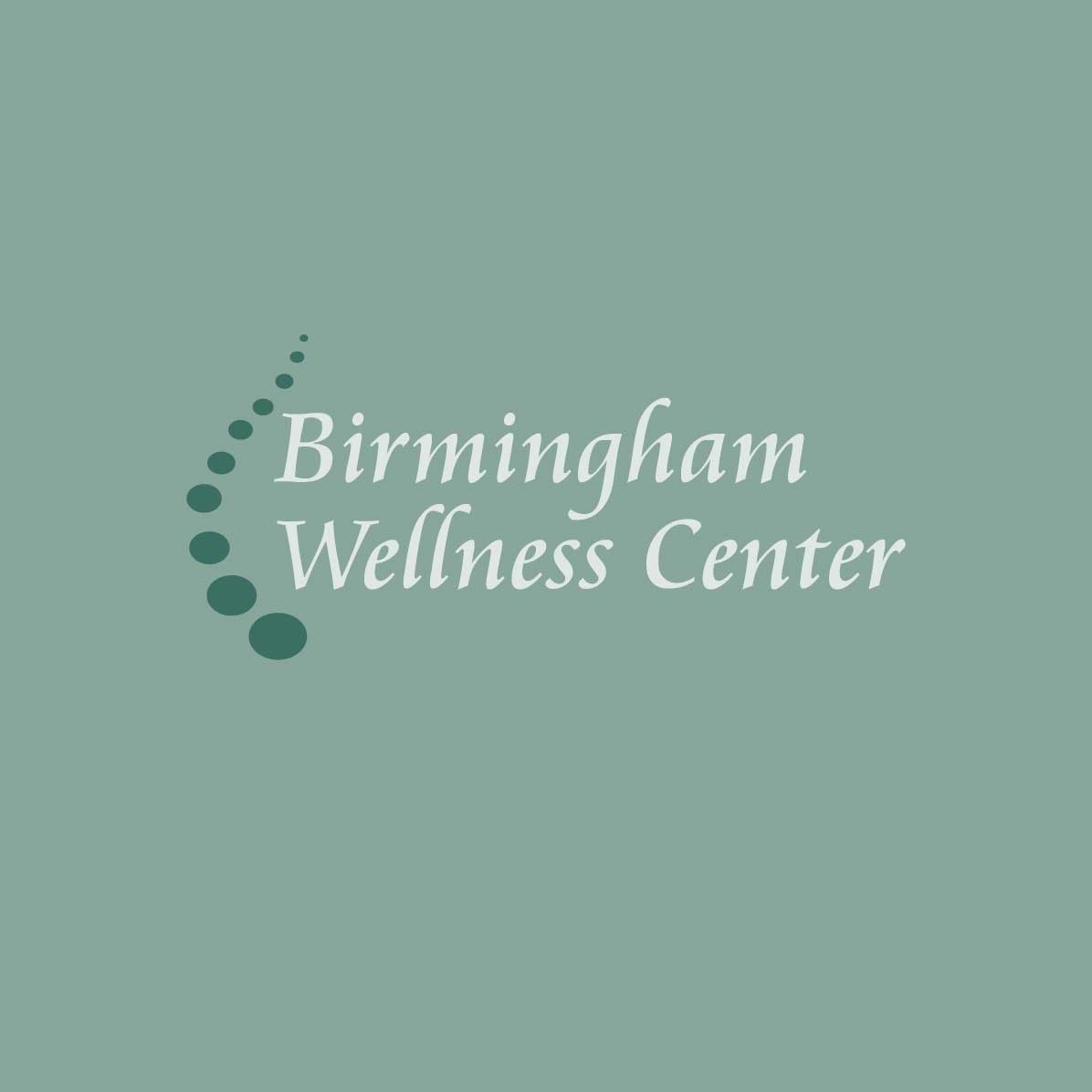The Next Ten Years
- Created inNewsletter Library,Staying Motivated
What does the future hold in store? None of us can know with certainty, although some predictions are possible. Stock market indexes will rise. Then they’ll fall. Then everyone will hope that the indexes will rise again. Hemlines will fall. Then they’ll rise. Then in two or three years they’ll fall again.
The French have a saying for all this – plus ça change, plus c’est la même chose. The more things change, the more they stay the same. In fact, things have changed a lot in 10 years. The Internet exploded. Cell phones are everywhere. In the United States an African-American man was elected president. Longstanding dictatorships were toppled in the Middle East.
The next ten years have the possibility of being even more gloriously impactful.1,2,3 Things do not necessarily remain the same. The actress Betty White has reinvigorated her career at age 89. Jeff Bridges won a Best Actor Academy Award at age 61, highlighting a 40-year career. The 2010 Best Original Screenplay Academy Award went to the 73-year-old first-time winner David Seidler. Leon Russell, the beloved musician/songwriter, was recently inducted into the Rock and Roll Hall of Fame. Well into his 60s, Russell observed that he had been “lying in a ditch on the side of the highway of life” when he his career was suddenly, unexpectedly resurrected by Elton John.
In the next ten years, for us, anything is possible. But in order to move beyond the “same old, same old” we are required to make a choice. Another old saying, “if it’s going to be, it’s up to me”, remains true today. We need to make choices on our own behalf, choices that will further our growth and development and the growth and development of our loved ones. We can create a spectacular next ten years.
1Fosha D: Positive affects and the transformation of suffering into flourishing. Ann NY Acad Sci 1172:252-262, 20093
2Bunkers SS: A focus on human flourishing. Nurs Sci Q 23(4):290-295, 2010
3Culbertson SS, et al: Feeling good and doing great: the relationship between psychological capital and well-being. J Occup Health Psychol 15(4):412-433, 2010
